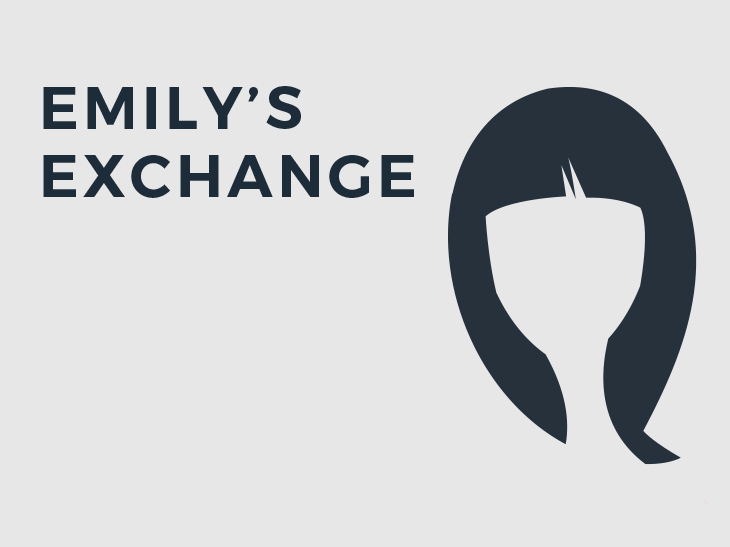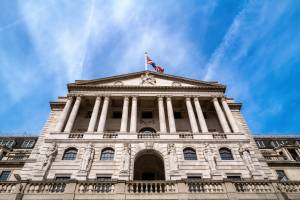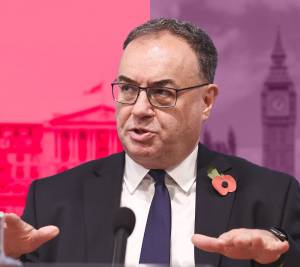As I coaxed and cajoled my children into helping me pack for our summer holiday – we’re leaving for Majorca at 4am tomorrow morning and packing is behind schedule – Mark Carney and his mates at the Bank of England came back from theirs.
The Monetary Policy Committee still hasn’t budged on interest rates, which is great news for borrowers but not for savers, and have kept the package of financial stimulus the same. The group of financial stalwarts have downgraded growth expectations for the year from 1.9% to 1.7%.
This didn’t stop the governor from warning that Brexit uncertainty is holding back investment in the UK, however, which doesn’t make the outlook for the UK economy or British wages any rosier.
The pound’s devaluation following Brexit has fed into prices at the till, and UK households are feeling the squeeze as inflation outstrips wage growth. Nervous Brits trying to juggle price rises and saving more for an uncertain future have reigned in spending, which is slowing economy growth.
And then there are businesses, which have adopted more conservative investment strategies as the uncertainty of Brexit negotiations weighs on cheque signing.
Strong global trade
Whilst things are a lot tougher here in the UK, the weaker pound has boosted the outlook of global trade, which was already benefiting from stronger global growth and is now running at its strongest rate since 2011.
Investment is going some way to support this global economic expansion whilst borrowing is cheap and businesses benefit from high levels of profitability.
However, Brexit uncertainty is expected to pull investment below the historic average. In fact, if the Monetary Policy Committee’s numbers are right, investment in 2020 will be 20% lower than its pre-referendum forecasts.
A fall in investment in the UK could of course hurt UK-focussed investments, but a globally diverse portfolio will help mitigate this risk. But why is business investment important to you and me?
Well, economic growth as measured by gross domestic product (GDP) is a calculated with consumer spending (C), government spending (G), investment (I) and net exports (NX).
GDP = C + G + I + NX
As GDP is the sum of these inputs, a decrease in one will naturally affect the overall figure. Of course, a fall in investment could trigger an increase in government spending, which will impact government debt.
The Bank of England has downgraded its growth expectations, but a slowing in economic growth could dent productivity, capacity and wages, which will squeeze the consumer further.
Although inflation is expected to stay above the bank of England’s target, Carney is confident wage growth will recover as the slack in the economy is absorbed, which will at least mean consumers can accommodate higher prices and focus on saving for the future – whether it’s for a holiday, house or retirement.





